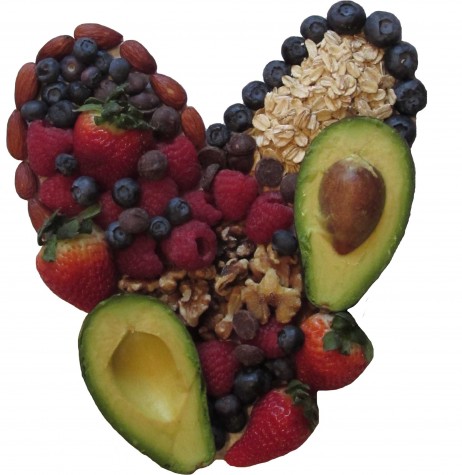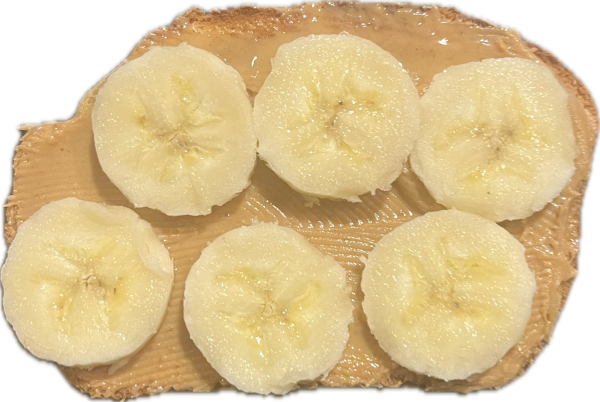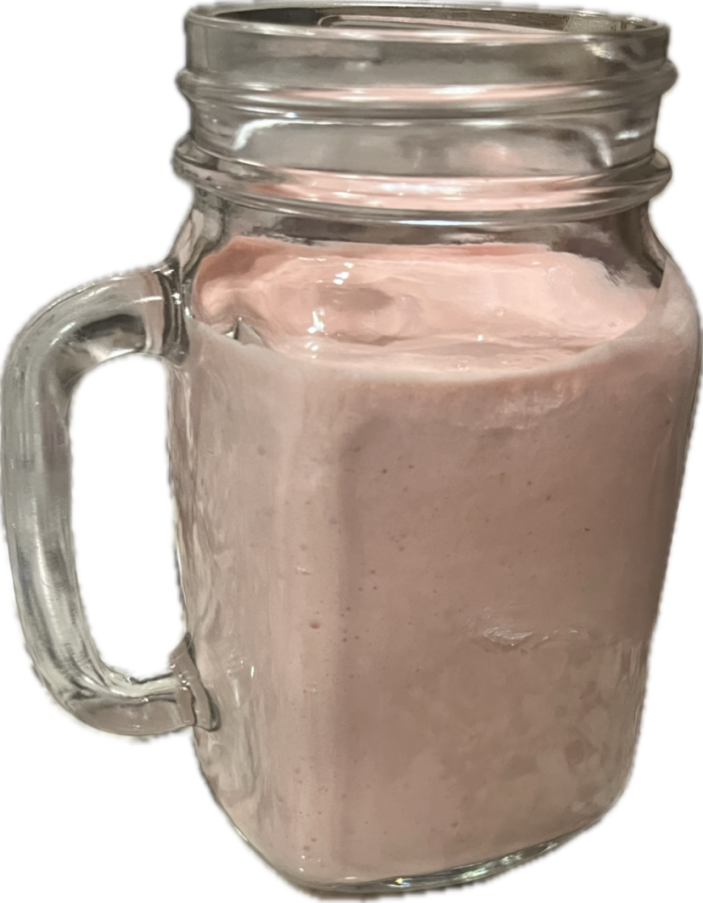Spread heart health
While muscle mass and body image are health concerns that consume teenagers’ minds, heart health directly impacts well-being and controls appearance.
Senior Ronni Zeimis, who was born with a heart defect, knows the importance of heart health and makes it a priority to maintain a healthy lifestyle.
“Sometimes I have to take medicine and relax, so I don’t make my heart work too hard,” Zeimis said. “It affects me daily, because I have to make sure I am hydrated 100 percent of the time and it prevents me from running long distance, which is hard because I love sports.”
While Zeimis’s heart condition is due to a congenital heart defect, many heart conditions are created by daily bad habits that can result in long-term health complications.
The American Heart Association (AHA) sponsors National Heart Month in February to spread awareness about how many Americans harm their primary source of life by committing daily bad habits, can result in a form of heart disease. Multiple factors such as: smoking, lack of sleep, diet and lack of exercise contribute to heart disease.
“When you’re a teenager, you develop a lot of good and bad habits,”
Nurse Michelle Bradford of St. John’s Hospital said. “And if we don’t get into good habits young, it’s harder to get into good habits when we’re older.”
Cigarette smoking increases the risk of coronary heart disease by itself, according to the AHA. Secondhand smoke also schemes in developing cardiovascular disabilities.
“The next thing you know, you’re either addicted to drinking or smoking and you can’t really kick it just because you want to,” Bradford said. “And sometimes it’s too late, the damage is done.”
Damage can also be done through passive behavior through actions like shortage of sleep. Individuals who are sleep deficient have an increased risk for early signs of heart disease as compared to those who snooze more efficiently, according to a study published in the American Heart Association journal, “Arteriosclerosis, Thrombosis and Vascular Biology.”
“When the body doesn’t receive enough resting rapid eye movement (REM) sleep, the heart is working harder than it is required to,” athletic trainer Phil Crum said.
Correlations between the amount of sleep a teenager gains at night and how much they eat was also discovered by a study from the AHA.
“Similar to smoking, if you eat certain types of food it clogs up your arteries and makes them and your blood vessels smaller,” Bradford said.
Smoking, lack of sleep, diet and lack of exercise all similarly affect the heart by
restricting blood vessels or shrinking them. Smaller blood vessels result in the heart working harder to push blood through them, which can lead to health problems such as high blood pressure.
Avoiding breaking a sweat and ignoring the gym can affect the body and advance cardiovascular concerns more than students may be aware of.
“That’s really the biggest problem,” Crum said. “People don’t workout or exercise in order to train their heart. They don’t understand the benefits of cardiovascular training.”
When cardiovascularly fit, the brain functions and performs better because more oxygen is available to the brain, according to Crum.
“I think just the overall health benefits of it. I mean you get one chance at it,” Crum said. “There are very few things you can do for long-term repair and fix it, so you need to take care of your overall health.”
Not engaging in smoking, obtaining adequate sleep and exercise, and a well-balanced diet are all ways to avoid heart- related issues. Eating heart healthy foods such as: berries, almonds, fish and avocados are also essential actions to maintain a healthy heart, according to Bradford.
Limiting or avoiding foods that contain a high level of saturated fat, such as red meat and whole-fat dairy products, will also benefit heart health, according to the University of Maryland Medical Center.
“I think it’s very important to keep your heart healthy and make sure you always exercise and stay hydrated,” Zeimis said. “The heart is one of the most important things you have and not to take care of it now [during teenage years] will only make things harder for you in the future and could really make everyday things very difficult.”
Your donation will support the student journalists of Eisenhower High School. Your contribution will allow us to purchase equipment and cover our annual website hosting costs.





